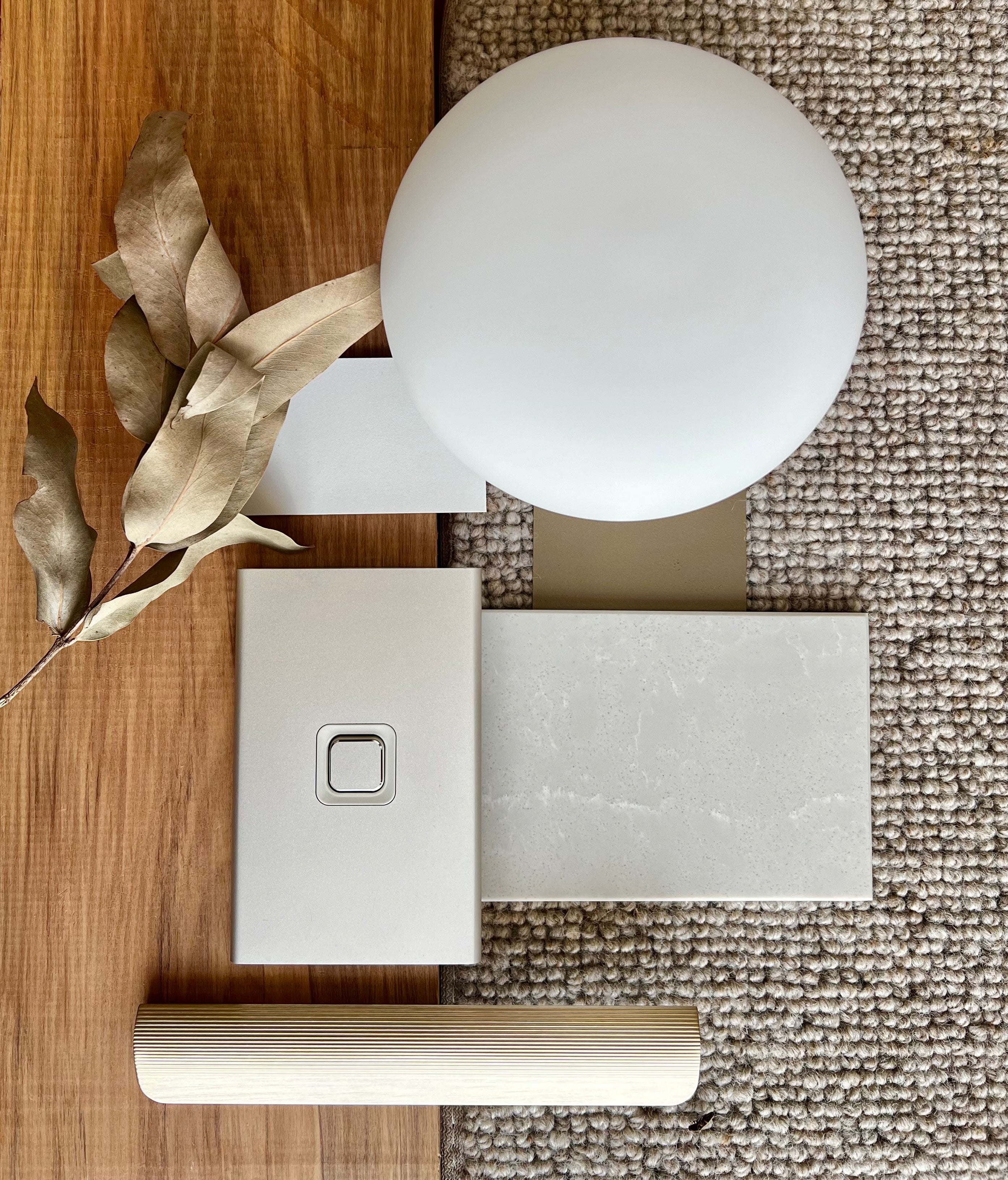Ever walked into a open plan room and there is two banks of six switches and you have no idea which switch does what ?
Or you live somewhere for years and still have no idea which switch does what ?
Good lighting design extends down to the switches
The goal is to keep it simple, this can be done two ways
1. With automation where with one button you can set different scenes, this is a great option for someone who is tech savvy or is into working things from their phone but can be frustrating for people who aren’t. We use a product called Casambi for our automation projects. It is a really intuitive product that we can access remotely to make any changes without having to visit site. We mainly use Casmabi in large areas that have multiple light sources like open plan living areas and outdoor spaces.
2. The other option is keeping it simple with the amount of switches you have, my rule of thumb is no more than four per wall plate. I find any more than four you’re more than likely to switch the wrong switch unless labeled. So, you want to avoid having a switch for each set of lights and more think about scenes you would like to create. In a open plan kitchen dining room I would have all lighting directly onto counter tops switched on together, up lights and feature mood lighting switched on together, and all (or any) down lights switched on together, rather than having two areas of down lights switched separately. This is of course ultimately decided on a case by case basis and you really need thought put in to how the space will be used, which is what I obsess about when doing lighting plans so you don’t have to.

Remember “Good design, when it’s done well, becomes invisible. It’s only when it’s done poorly that we notice it” . So if you can walk in a room and turn the lights on you want with minimal thought you know you have it right.




